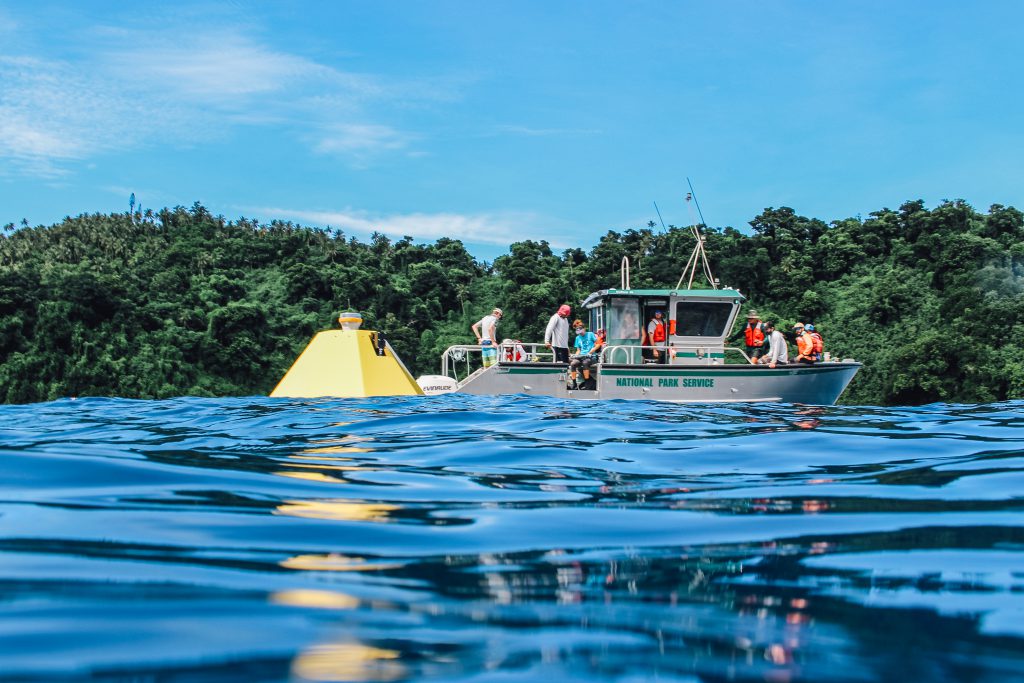Now hiring! Physical Scientist- Education & Outreach Coordinator
Applications accepted until July 27th, 2021 The NOAA Ocean Acidification Program has a vacancy for a Physical Scientist ZP 1301-3/4 (Direct Hire) with a negotiable location. As a Physical Scientist, you will perform the following duties: The duties above are described at the full performance level of ZP-4; the ZP-3 is developmental leading to such performance.Vacancy […]
Now hiring! Physical Scientist- Education & Outreach Coordinator Read More »



